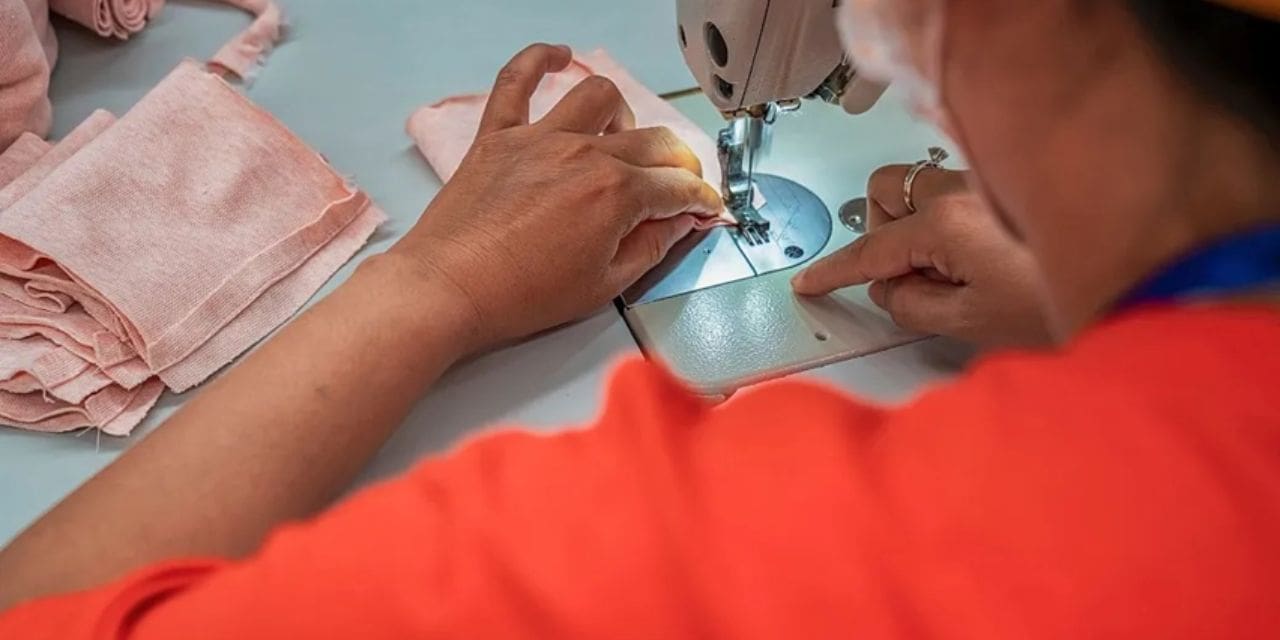The Asian Development Bank and Lien Viet Post Joint Stock Commercial Bank have partnered to provide a financing package of $80 million to support women-owned small and medium-sized enterprises in Vietnam. The funding includes a $30 million loan from ADB, $30 million from the Export-Import Bank of China, and $20 million from the ILX Fund. ADB served as the lead arranger and book runner for the project, which aims to improve access to finance for WSMEs in Vietnam.
ADB has partnered with LPBank to provide financial access and tailored advisory services to women entrepreneurs in Vietnam. The goal is to empower these women to thrive and contribute to the country’s economic growth. Working with other development partners, ADB aims to mobilize capital for private sector development that benefits women-owned businesses in Vietnam.
SMEs are a significant part of Vietnam’s economy, accounting for 40% of GDP and half of all employment. However, women borrowers face obstacles in accessing commercial finance, such as lack of collateral and low financial literacy. The financial package from We-Fi will help LPBank develop new products and procedures to better support women-owned SMEs. A $750,000 grant will encourage LPBank to expand services for female borrowers and provide advisory support for women-owned SMEs, according to ADB.
LPBank prioritizes supporting SME customers in accessing capital, providing effective financial solutions and supporting the WSME during the pandemic. Vice-chairman Le Minh Tam emphasizes the importance of helping SMEs recover and grow their businesses. LPBank is a leading private joint-stock bank in Vietnam, offering innovative products tailored to retail and SME customers through robust digital platforms. With a nationwide network of 566 bank branches, transaction offices, and access to 513 postal transaction offices, LPBank can reach customers in rural areas where other banks have limited presence. Their focus on customer accessibility sets them apart in the Vietnamese banking industry.
ADB was founded in 1966 and is owned by 68 members, 49 from the region. It aims to promote prosperity, inclusion, resilience, and sustainability while eradicating extreme poverty.

